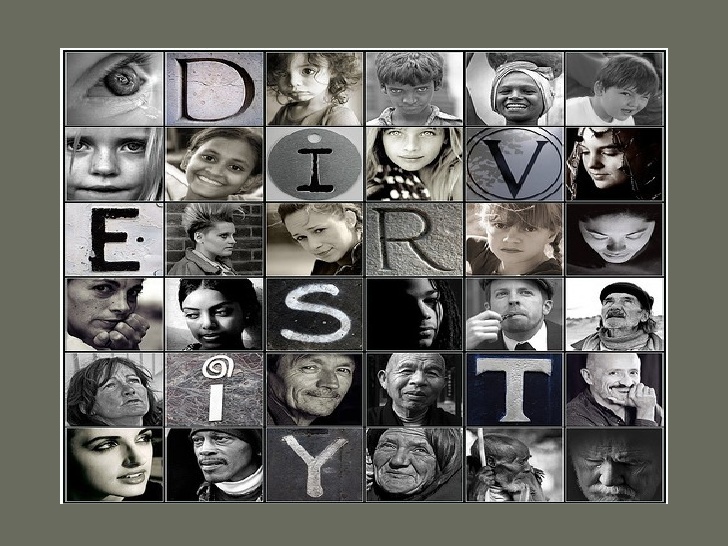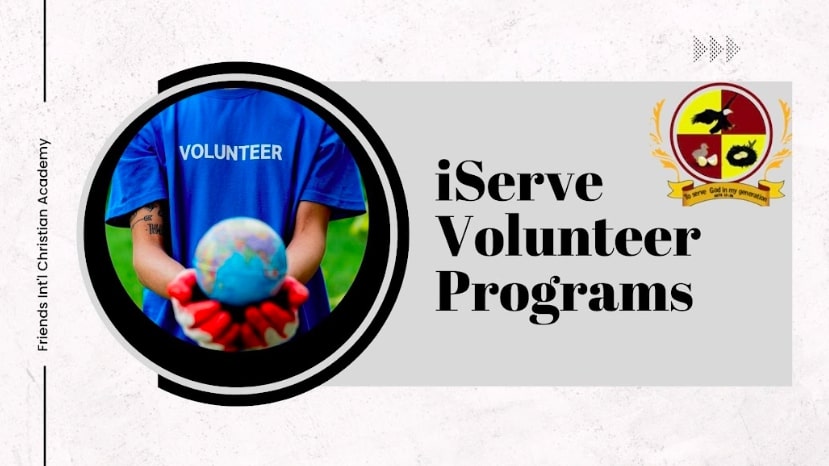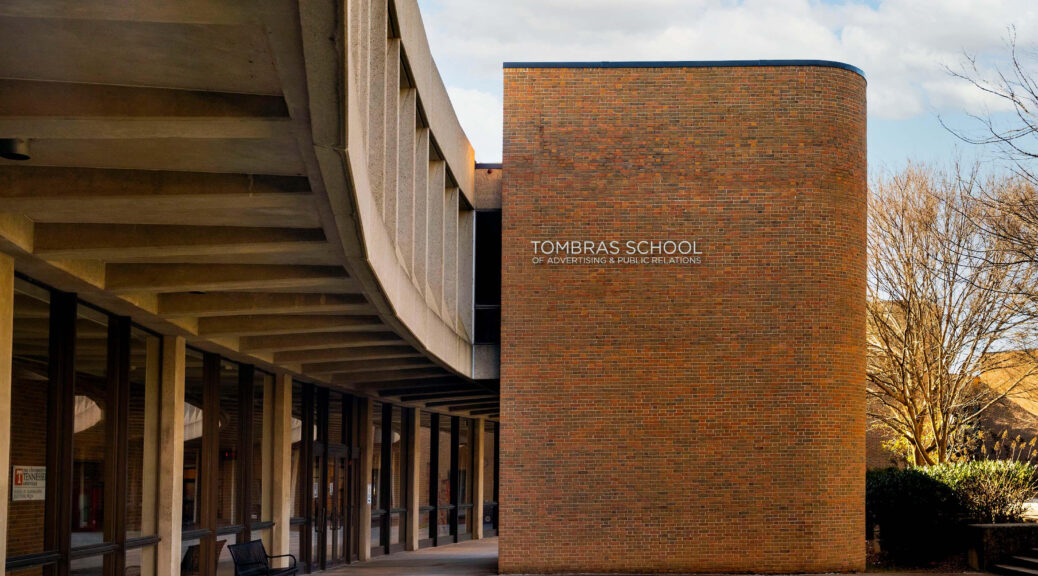VIEW FROM BEYOND THE TRIBE
Debates over free speech have deeply immersed themselves into the fabric of our culture over the past few years. Wild and sharp finger-pointing has gone in both directions.
A Cornell University junior accused of posting violently threatening statements against Jewish people on campus was held without bail. While we take some measure of relief in knowing that the alleged author of the vile anti-Semitic posts that threatened our Jewish community is in custody, it was disturbing to learn that he was a Cornell student, Cornell President Martha E. Pollack said in a message to the university community.
On college campuses, pro-Israel and pro-Palestinian student groups are weighing in online and in person, with many of their statements and protests provoking strong reactions from the other side.
Continue reading Israel and Free Speech on America’s Campuses – by Elwood Watson








